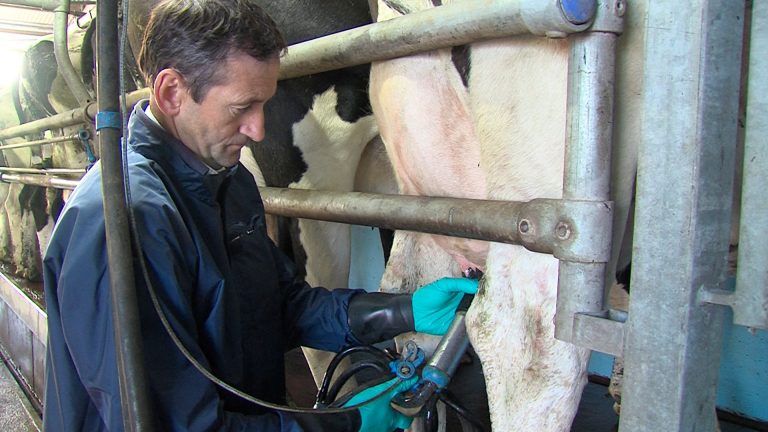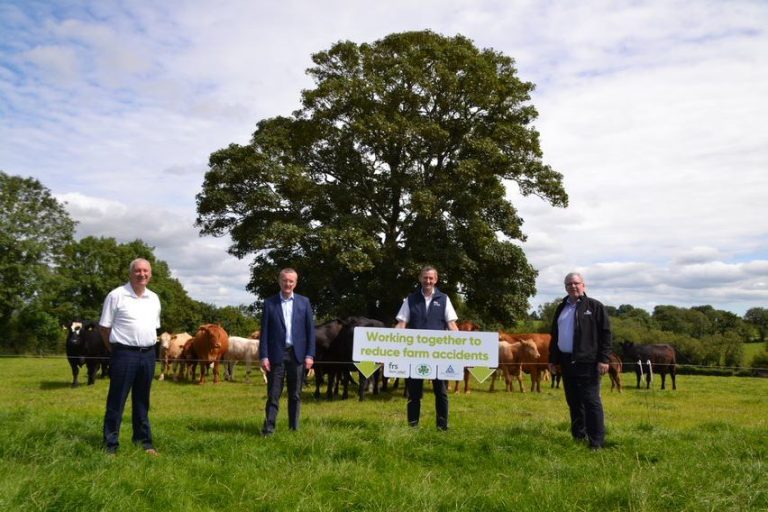Throughout the Summer months, farmers spend a considerable amount of time herding and caring for their livestock. From ensuring adequate grass supply to walking through the animals looking for signs of illness, Irish farmers put a great deal of effort into animal welfare. It is this attention to detail that is important for farm productivity and profitability. However, farmers can often forget one of the most important factors to good farming and that is looking after themselves.
Constant work, time pressure, compliance regulations, financial pressure, work unpredictability and being at the mercy of the weather can all be considered stress factors of farming. In recent years, mental health in the farming sector has become an important topic but as we start to recover from the Covid-19 pandemic, it should be placed in the spotlight. With many farmers already working in extremely isolated locations, it is expected that the after-effect of the restrictions will amplify feelings of loneliness and anxiety.
The most recent CSO figures reveal that over 40% of Irish farmers are 65 and over, meaning that a high percentage of farmers were recommend to cocoon. Coupled with the loss of many social outlets, including marts and sporting events, it is cause for concern that there has been no release from the day to day worries that farming can bring.
As restrictions are being lifted, we encourage people to take this opportunity to check-in with the elderly, neighbours, relatives, or those who live in remote areas. Compromised mental health can manifest in a person in a number of ways. It can be physical, emotional, affect their behaviour or even their cognitive state of mind. Mental health issues are not always obvious, and sometimes the individual might not be aware that these issues are there.
Symptoms of mental illness can include feeling sad or down, confused thinking or reduced ability to concentrate or extreme mood changes. It is also common to feel significant tiredness, low energy or problems sleeping and have excessive fears of worries.
Below are some actions, recommended by the HSA, that can be undertaken to help improve mental health.
1. Work it off: Exercise gives you energy and makes you feel better.
2. Get enough sleep: Rest is important to revitalise your body and mind.
3. Keep it simple: Take things one step at a time; be aware of negative thoughts and try to focus on the positive.
4. Take time to relax: It is important to make time for yourself and take a break from the farm. To ensure peace of mind, FRS Farm Relief have reliable farm workers available to carry out a wide range of tasks and services while you take some time off the farm to relax.
5. Prioritise: Review how you organise your time. Prioritise tasks, make lists and reward yourself for doing them.
6. Be assertive: Don’t try to please everybody. Learn to say ‘no’.
7. Try to eat healthy: Eat lots of fruit and vegetables and drink lots of water. Cut down on eating foods that are high in fats, sugars and salt.
8. Keep your mind active: You can do this by playing cards with someone in your household, doing quizzes or crosswords, or researching something you are interested in on the internet.
9. Get it all off your chest: ‘A problem shared is a problem halved’. Simply talking to someone you trust can really help.
10. Accept the things you cannot change: Focus your attention and energy on the things that you can do and that you have control over and try to accept that there are certain things you cannot change.
Mental health issues should be addressed as early as possible and it is vital to get help, advice, and the appropriate treatment. Contact your local doctor, or one of the below organisations.
Samaritans – 116 123- www.samaritans.org
Pieta House – 1800 247 247 – https://www.pieta.ie/
Aware – 1800 80 48 48 – https://www.aware.ie/
For more information on farm aid, contact FRS Farm Relief Services on https://frsfarmreliefservices.ie/.




